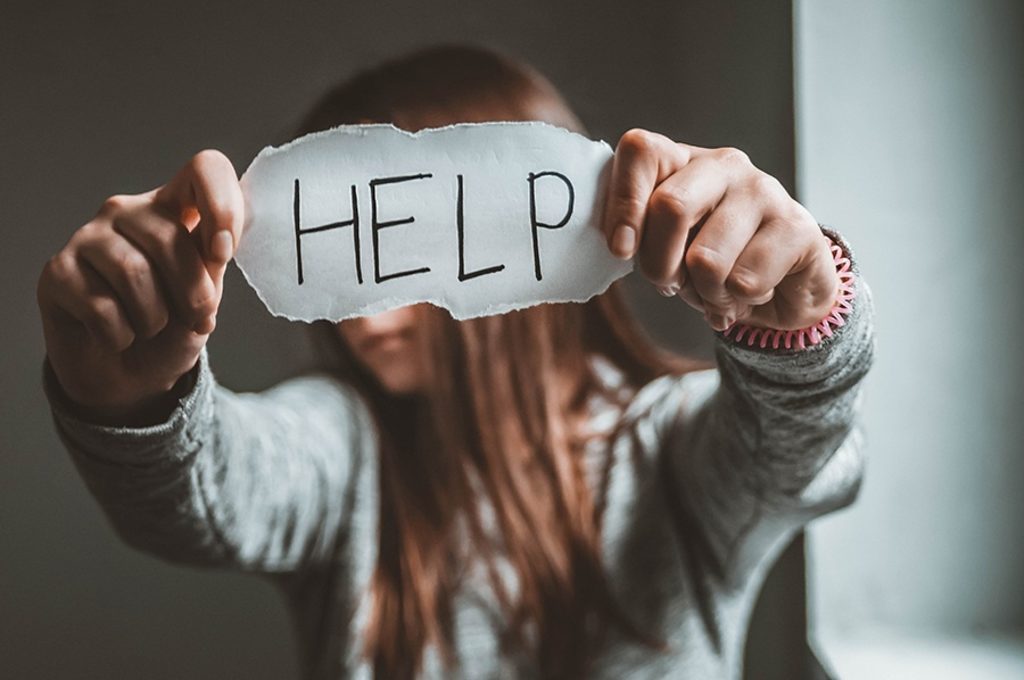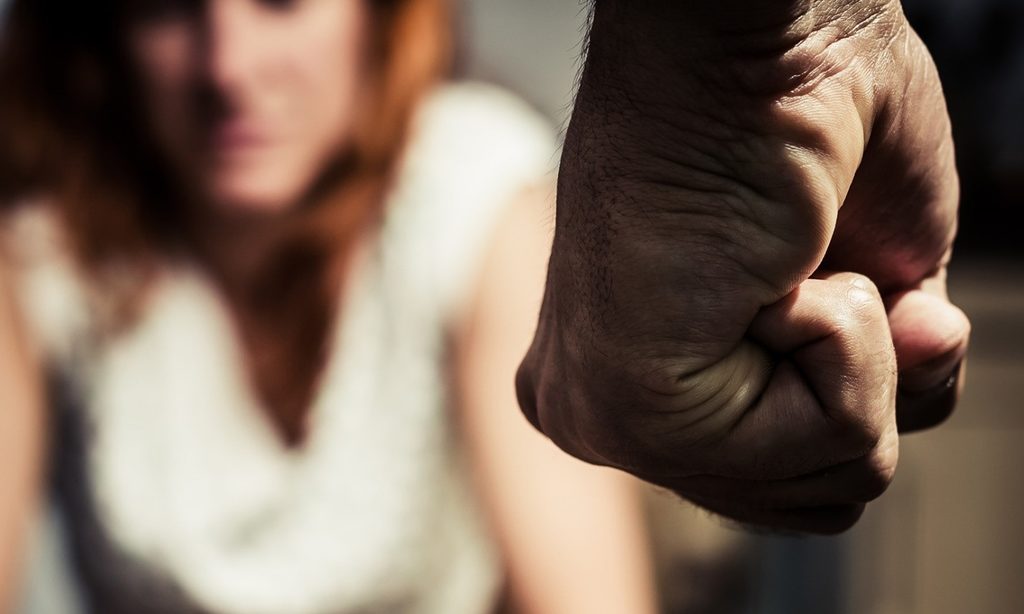Just this week, Fiji mourned the loss of yet another woman — a mother, daughter, sister — to domestic violence.
Her name joins a growing list of victims whose lives were stolen not by strangers, but by those who once claimed to love them.
As a nation, we are reeling. We’re asking, Why did this happen? Could we have stopped it?
And we should ask. Not just about this case – but about every death, every bruise hidden beneath long sleeves, every silent cry for help behind closed doors. Because domestic violence is not a private issue. It is a national emergency. A silent, chronic pandemic and it’s infecting homes, families, and futures.
Domestic violence is not someone else’s problem. It’s happening in our neighbourhoods, in our villages and perhaps even in our own extended families. It’s not limited to one demographic, religion, or income level. It affects the poor and wealthy alike. It hides behind respectability, education, and even religious piety.
The question we must now face head-on is: Why? Why is this happening so often, and so violently, here and now?
The root causes are many. Anger. Trauma. Learned behaviour. A lack of emotional regulation. Deep-seated resentments. Cultural norms that wrongly give men control and expect women to tolerate it. Religious interpretations that silence victims instead of empowering them. Miscommunication. Shame. Fear.
Many of these causes are invisible. But their impact is not.
Anger, especially, is a trigger — the kind that explodes without warning. Not all anger is bad; there is righteous anger when we see injustice. But the dangerous kind is the unresolved, impulsive rage that builds over time and erupts with devastating consequences. This kind of anger doesn’t just hurt others — it destroys families.
I have felt this rage. Perhaps you have too. But here’s the truth: we can learn to control it. It’s not easy, but it’s necessary. Because when rage takes over, reason and restraint vanish and lives can be lost in a single moment of violence.
We must teach our children — especially our boys — that violence is not strength. That communication is not weakness. That real love never controls, never hurts, never kills.
Let’s be honest about what’s enabling this crisis:
n A culture of silence;
n Family pressure to “keep the peace”;
n The fear of social shame if a woman leaves; and
n The belief that “what happens at home stays at home”.
But silence protects the abuser not the victim.
As Fijians, we pride ourselves on values like veilomani (compassion and love) and veirokorokovi/veivakaturagataki (respectful behaviour). But true veilomani cannot coexist with violence. True respect does not demand silence when a woman is suffering. We must stop excusing cruelty under the banner of culture or tradition.
What can we do right now to stop this?
n Educate ourselves and others.
n Teach emotional intelligence and anger management in schools, churches and community spaces.
n Talk openly about gender equality, healthy relationships, and consent.
n Challenge outdated beliefs. Cultural or religious teachings must never be used to justify abuse. Faith should free us, not bind us to pain.
n Support survivors without judgment. Believe them. Help them access safe housing, legal protection, and counselling. Say, “I believe you. You are not alone.”
n Hold abusers accountable. Whether through the justice system or community pressure, we must make it clear: abuse has consequences. It is not love. It is not leadership. It is not Fijian.
n Speak out. Don’t look away. If you see signs of abuse, say something. You might be the only lifeline someone has.
If you or someone you know is experiencing abuse, please don’t stay silent. Contact the Fiji Women’s Crisis Centre (FWCC) at 3313 300 or visit www.fijiwomen.com for confidential help.
Domestic violence is not a woman’s issue. It is a human issue. A community issue. A national issue. It will take all of us — men and women, young and old, chiefs and church leaders, neighbours and friends to break this cycle and heal our nation.
Because no one should die at the hands of someone who claims to love them.
It’s time to open the doors, lift the silence, and protect the ones we love.
n COLIN DEOKI lives in Melbourne, Australia and is a regular contributor to this newspaper. The views expressed in this article are his and not necessarily of this newspaper.
If you or someone you know is experiencing abuse, please don’t stay silent. Picture: IHPL.LLU.EDU

The author says if you see signs of abuse, say something. You might be the only lifeline someone has. Picture:HELPGUIDE.ORG


